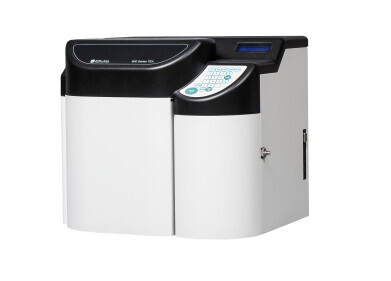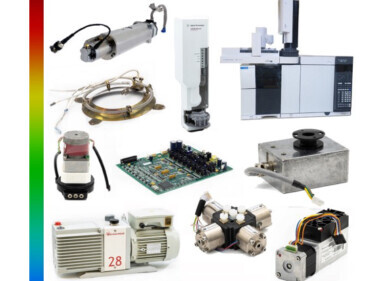Chromatography
Does a Hangover Reduce Concentration?
Aug 31 2019
It's no secret that excessive alcohol consumption can lead to a morning of headaches, dizziness and nausea. Now, a team of scientists from Melbourne's Swinburne University of Technology have revealed why concentration can also suffer while nursing a hangover.
The team started by measuring the breath alcohol concentration of more than 100 people after consuming several alcoholic drinks on a night out. The next morning, participants were asked to fill out an online cognitive test designed to measure memory and general brain function. Lead researcher Dr Sarah Benson explains that in the face of a hangover, many of the participants were unable to complete the test or performed much worse than their sober counterparts.
New study suggest alcohol hinders next day cognitive performance
Participants were also asked to rate the severity of their hangover symptoms. Unsurprisingly, people who recorded a higher breath alcohol concentration the previous night suffered from more intense hangover symptoms. This also correlated with worse performance in the cognitive test, which suggests that hangovers do have a negative impact on concentration.
“Not surprisingly, the more alcohol that is consumed, the worse the hangover and impairment to the brain," says Benson. "It is important to learn more about the causes and consequences of hangover because not only are hangovers very commonly experienced, but they also have potentially huge negative effects on day-to-day activities.
Experts warn on cognitive dangers of hangovers
For Benson and the team, the study proves that hangovers significantly hinder ability to carry out complex tasks and behaviours. As a result, hangovers could be dangerous when paired with activities such as driving or operating machinery. The study builds on previous research exploring the next-day effects of heavy drinking. Last year, a meta-analysis published in the journal Addiction warned that hangovers not only hinder cognitive functions such as memory, attention and coordination, but could also impact driving skills and reaction times.
"Our findings demonstrate that [having a] hangover can have serious consequences for the performance of everyday activities such as driving, and workplace skills such as concentration and memory," warns Sally Adams, senior author of the study and assistant professor in the Department of Psychology at the University of Bath.
From breathalysers to GC columns, sophisticated technology plays a central role in supporting scientific research. For a closer look at the latest developments in the global GC market, don't miss 'Using Gas Chromatography for measuring atmospheric methane concentrations in the field.'
Digital Edition
Lab Asia 31.2 April 2024
April 2024
In This Edition Chromatography Articles - Approaches to troubleshooting an SPE method for the analysis of oligonucleotides (pt i) - High-precision liquid flow processes demand full fluidic c...
View all digital editions
Events
Apr 28 2024 Montreal, Quebec, Canada
May 05 2024 Seville, Spain
InformEx Zone at CPhl North America
May 07 2024 Pennsylvania, PA, USA
May 14 2024 Oklahoma City, OK, USA
May 15 2024 Birmingham, UK


















